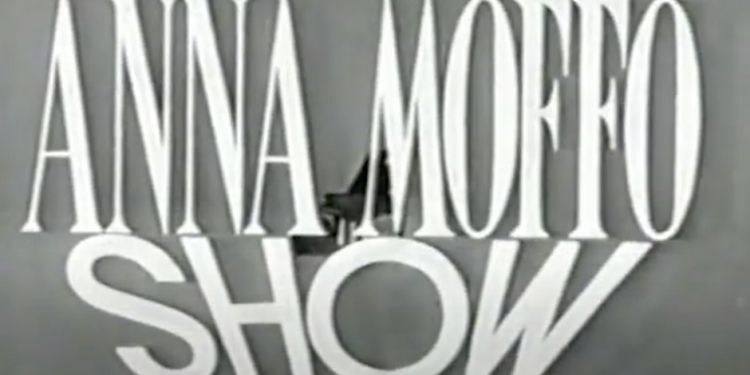
Breadcrumb navigation
ResearchWorks (in person): ‘Re-making’ Italians after World War II: Opera and TV
- 5pm

Tickets
About this event:
- Category:
- Platform / Discussion | Research | ResearchWorks
- Event type:
- Booking required | Free | In-person
- Admission:
- Free, registration required In person and online
- Location:
- Lecture Recital Room, Guildhall School of Music & Drama
Event information
This is the booking page for in-person attendance for this event, if you would like to attend online please register here.
The title of this presentation recalls Emanuele Senici’s characterisation of opera on state television as postwar cultural recovery through a ‘genetically Italian’ form, as well as his reference, to d’Azeglio’s supposed remark following Unification in 1861 that ‘having made Italy, the task is now making Italians’. Although Senici has made a case for the wider significance of broadcasts of operatic performance in Italy, and although other scholars have described the decisive influence of the medium on national consciousness (changing models of sociability, standardisation of the language, mediatisation of high culture, etc.), there has been no study of opera’s penetration into that consciousness via television.
In this presentation Professor Newark lays the groundwork by reporting on material preserved (and, thanks to an ever-advancing schedule of digitisation, relatively comprehensively catalogued) at the Rome archives of the state broadcaster Radiotelevisione Italiana (or RAI). He does so by concentrating less on operatic performance and more on the presence of the art-form in other programming: not opera on television so much as opera in television. With the help of audiovisual examples spanning the entire history of television in Italy, from 1954 to now, he assesses the current place of opera in its birthplace, where it is most—in various and sometimes surprising ways—domesticated.
Speaker
Cormac Newark was educated at state schools in Southampton and then at University of Oxford, King’s College London and École Normale de Musique in Paris. Having held positions at University of Cambridge, Università degli Studi di Ferrara and University of Ulster, he is now Professor and Head of Research at Guildhall School of Music & Drama. Cormac writes mainly on nineteenth-century French and Italian opera and literature, and has published articles in journals such as 19th-Century Music, the Cambridge Opera Journal and the Journal of the Royal Musical Association, essays in various collected volumes, and a monograph, Opera in the Novel from Balzac to Proust, with Cambridge University Press. He has also written for numerous theatres, including the Royal Opera House, and for The Guardian.
He has led international interdisciplinary research projects, notably on film adaptations of Le Fantôme de l’Opéra (funded by the Leverhulme Trust, and the subject of a special issue of Opera Quarterly) and the history of canon-formation in opera (funded by the UK Arts and Humanities Research Council, and the basis of the Oxford handbook of the operatic canon, which he co-edited with William Weber). The archival research for his presentation today was funded by Guildhall School.
What is ResearchWorks?
Guildhall School’s ResearchWorks is a programme of events centred around the School’s research activity, bringing together staff, students and guests of international standing. We run regular events throughout the term intended to share the innovative research findings of the School and its guests with students, staff and the public.
Venue information
Silk Street Theatre, Music Hall and Lecture Recital Room are located in the main Guildhall School building on Silk Street and for Barbican produced events the venue can also be accessed from the Barbican if you exit via the doors next to Barbican Kitchen on Level G.
-
Silk Street
Barbican
EC2Y 8DT

